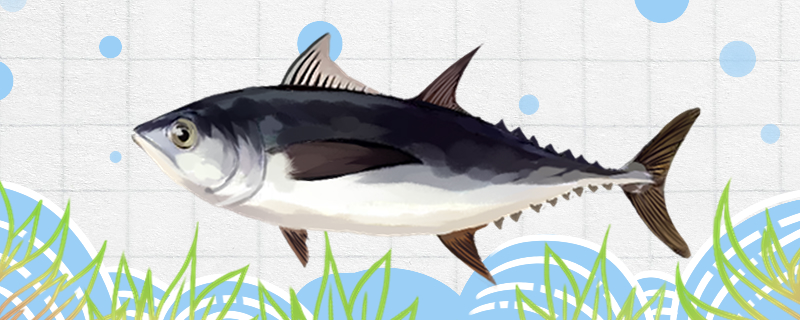
Tuna belongs to fish, and it is a kind of bony fish. Fish are generally scaly, and tuna is also scaly. However, their scales have degenerated to a certain extent, becoming very small round scales, which are also relatively thin, and their arrangement is relatively dense and thick. These scales allow them to swim faster. However, the fins on their chest are relatively large, which is an important structure to protect themselves. Tuna's scales are inedible, their skin is edible, so just remove the scales before eating.
Phosphorus-free fish and scaly fish are two kinds of fish separated by the method of distinguishing fish scales. Among them, non-phosphorus fish refers to natural fish scales have been degraded, that is, no scales of fish, as well as small scales of fish species. From this description, non-phosphorus fish does not only refer to fish with no scales at all, but also small scales. As mentioned above, in order to adapt to the surrounding environment, tuna scales have been degraded in the long process of evolution, becoming very small round scales. Therefore, it can be seen that tuna is also a non-phosphorus fish.
Although their scales are relatively small, they can also play an important role. One of the things that it does is it makes them swim faster and it makes it easier for them to hunt. In addition, these scales can also play a protective role, most of the harmful bacteria isolated in the body of tuna. These scales can also play a certain role in reflecting light, which can be regarded as a natural means of camouflage.